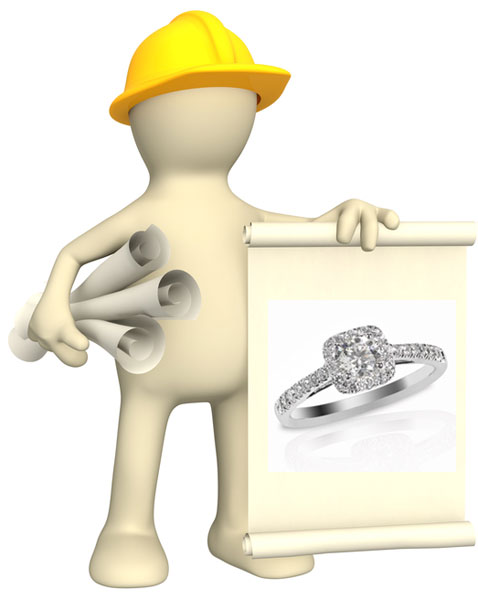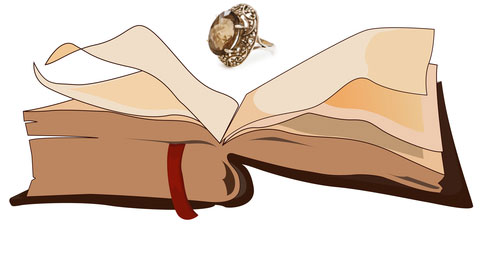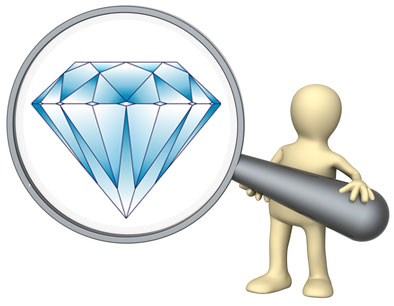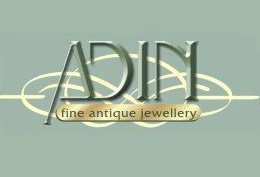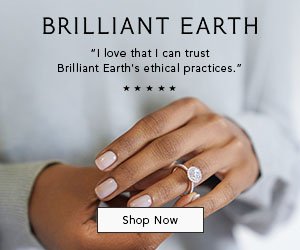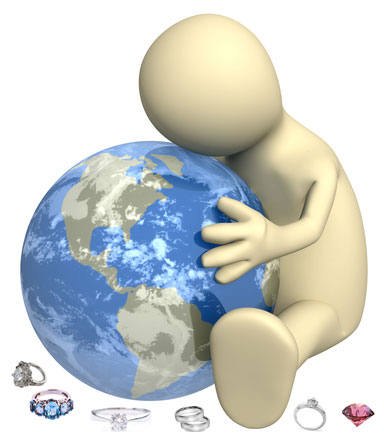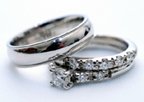Where to Find a Quality Rhodium Plater
by Melissa
(Irving, TX)
I would like to buy a 14kt white gold ring that I can see has rhodium plating, and the plating is wearing off. I am wondering if you can tell me who in the Dallas TX area is a quality person to rhodium plate rings – and how do I know who does quality work?

Hello Melissa,
I do not have a specific recommendation for a jeweler who offers rhodium plating services in Dallas, but I can offer some advice on tips for locating someone who provides a quality service.
Concerning the ring though, if this is a new ring and you can already see the rhodium plating wearing off, I would strongly advise purchasing a different ring – if the ring was not made initially with a quality rhodium plate than the workmanship of the entire ring is likely to be poor. However, if the ring has been previously used it is not uncommon to notice that the rhodium plate has begun to wear off.
To find an experienced jeweler who is proficient at rhodium plating, begin your search with professional jewelers who offer the service. Try to avoid “quickie” rhodium plate service booths that are often found in malls or outlet departments – in many of these places, the person applying the rhodium plate has been given a quick class on the plating process and may be lacking additional skills which could affect the quality of the rhodium plate.
Ask questions such as:
- "What is the process you use to rhodium plate?"
- "How thick is the application?" or
- What thickness of rhodium plate do you recommend?"
Rings that are rhodium plated should always be completely cleaned before the plate is applied – either through ultrasonic or steam methods – and then thoroughly buffed to a shine. After the plating is applied, the ring should be buffed again.
If you plan on wearing the ring daily, the ideal thickness of the rhodium plate will be 0.75 to 1.50 microns; if you plan on wearing the ring only occasionally, the ideal thickness of the rhodium plate will be 0.10 to 0.50 microns. A rhodium plate nearing 2.0 microns thick or more can actually cause the ring to become more brittle – so you don’t want anything over around 1.50 microns.
If the person you are interviewing for this service cannot offer a full description of the process, or leaves out necessary key parts of the process like cleaning and buffing the ring, go somewhere else. Likewise, if the person tries to talk you into getting a rhodium plate thicker than you need, or cannot offer advice on the best type of thickness for the ring’s use (daily vs. occasionally) then it is best to take your business elsewhere too.
Expect professional services to take a bit longer and to cost a little more than the “quickie booths” – but you’ll save money in the end by having a quality rhodium plate that will last as long as it can, and you will ensure that your ring will remain safe throughout the process.
Hope this info helps, and do write us again if you have any additional questions –
Suzanne Gardner
Everything Wedding Rings
Comments for Where to Find a Quality Rhodium Plater
|
||
|
||
Recommended & Trusted Jewelers
Our Advertisement Policy
Adin Fine Antique Jewelry
Use Code=Everything-Wedding-Rings
For a 5% Discount



